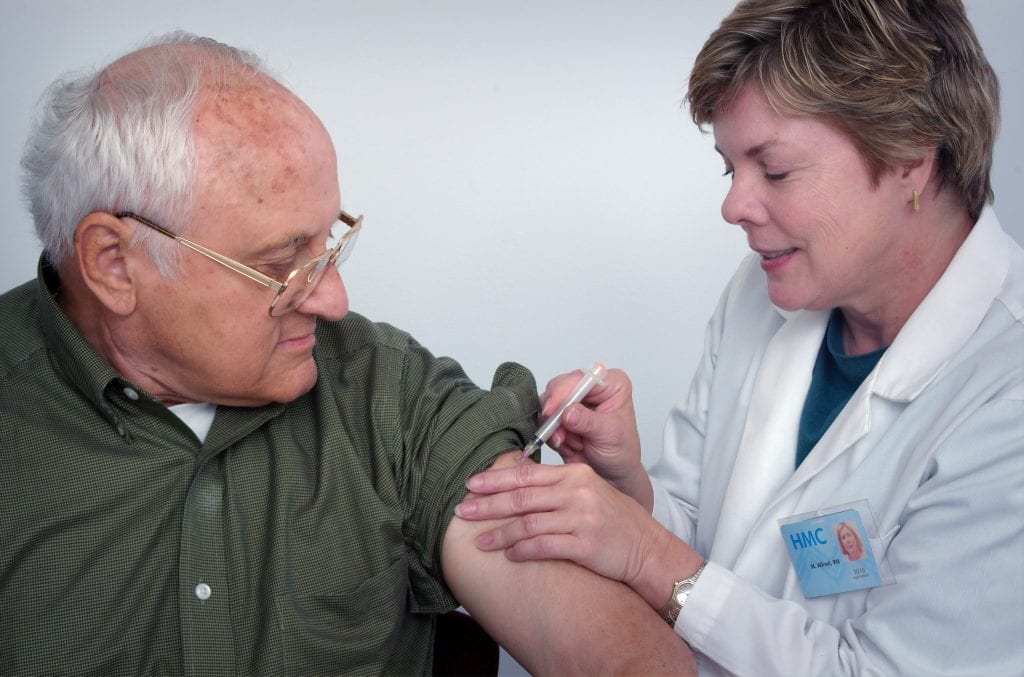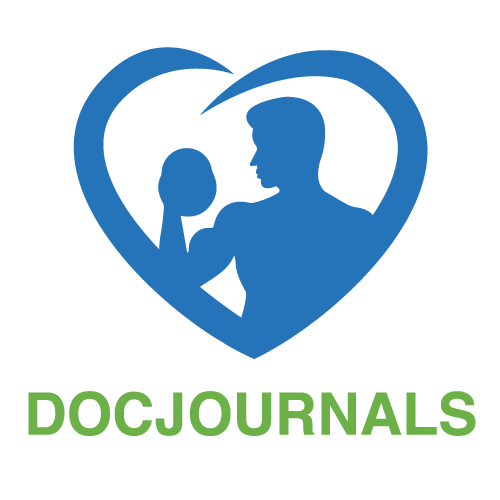Understanding Dementia
Dementia directly affects a person’s memory and their ability to perform daily tasks. It is very similar to Alzheimer’s, and is usually caused by brain changes which are considered abnormal.
Dementia is not caused by aging, but age itself affects the risk of developing Dementia. There is a greater risk of Dementia in people whose relatives also developed Dementia, and women are the most likely candidates to develop Dementia than men. Furthermore, people with previous head trauma or brain injuries are also at substantial risk of developing it. The greater the risk of Dementia, the more severe the trauma

Dementia comes from brain damage when nerve cells get tangled and protein deposits build up in the brain. The stages of developing Dementia usually happen in this order:
- Preclinical Stage: Changes occur many years before diagnosis. Symptoms of this stage may not be noticeable for years.
- Mild Cognitive Impairment (MCI): This often comes with aging. People with this impairment may have difficulty recalling information that is easy to remember. Not everyone who has MCI develops dull-blown Dementia, however.
- Mild Dementia: It is at this point that the disease, Alzheimer’s is often diagnosed. Confusion and forgetfulness become common, and people may need assistance with daily tasks.
- Moderate dementia: During this stage, people grow more confused and forgetful and are more careful with their daily routines
- Severe Dementia: In this stage, mental functionality continues to decline. There is loss of physical ability, inability to control bladder and bowel movement, and many other symptoms.

Medications and appropriate management can reduce symptoms and delay the decline caused by Dementia, but a cure is not currently available unfortunately. The best advice to avoid Dementia is to live a healthy lifestyle.
